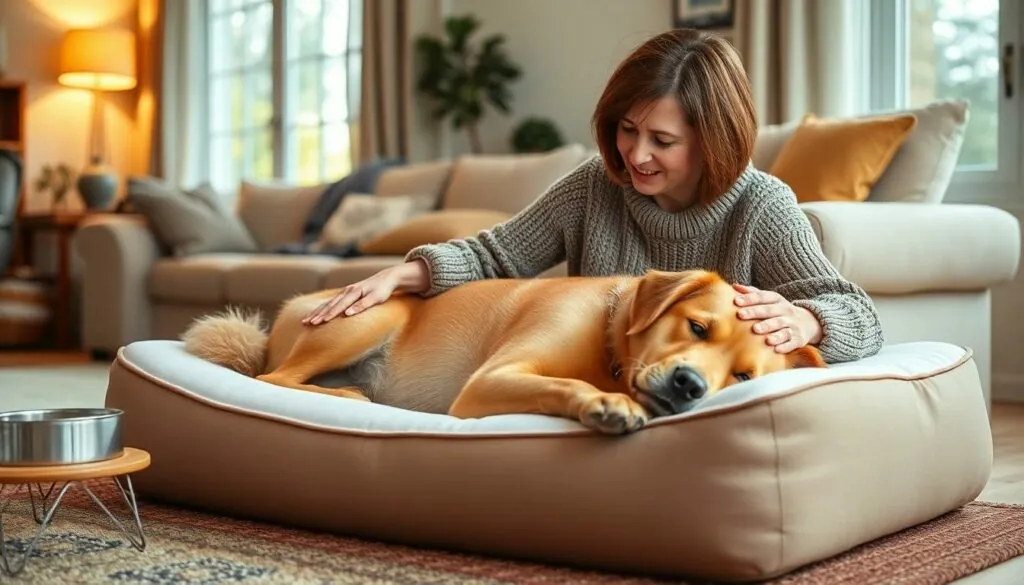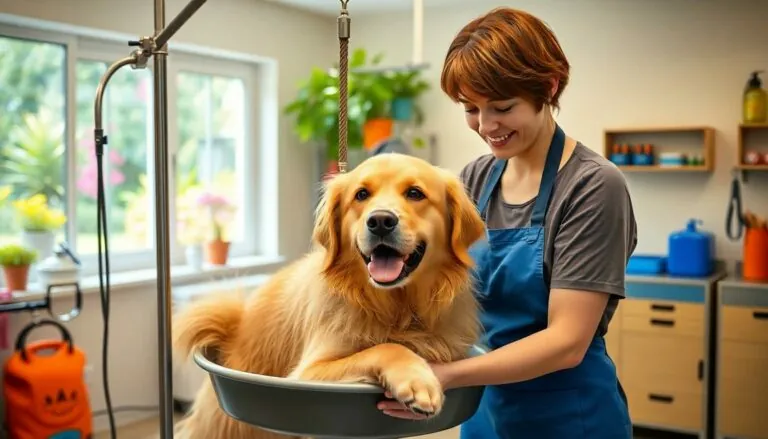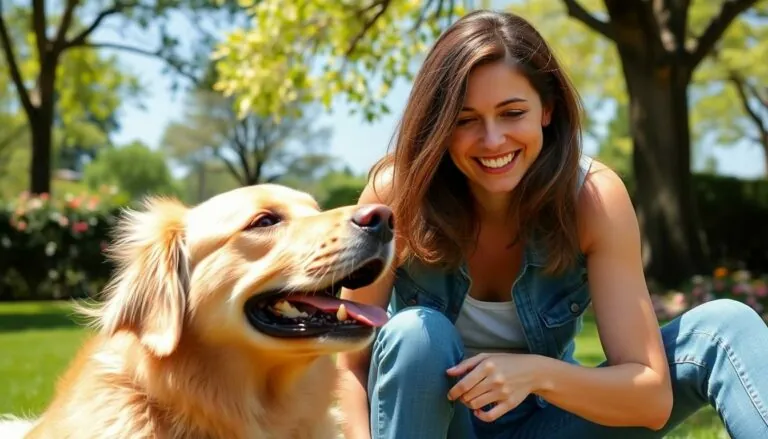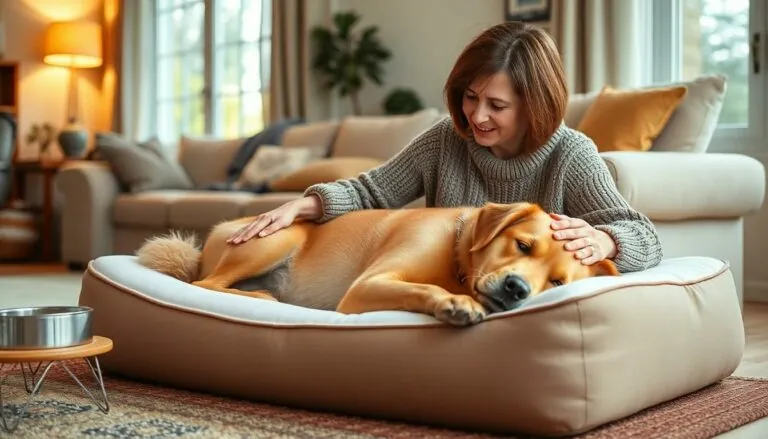Table of Contents
ToggleAs pets age, they often need a little extra TLC—think of it as their golden years, where naps and treats take center stage. Caring for senior pets can feel like navigating a maze of health concerns and quirky behaviors. But don’t worry; it’s not all doom and gloom. With the right knowledge and a sprinkle of humor, pet owners can turn this journey into a rewarding experience for both themselves and their furry companions.
Understanding Elder Pet Care
Caring for senior pets requires specialized attention and a deep understanding of their needs. This stage of life can be challenging, but ensuring their health and happiness is vital.
Importance of Elder Pet Care
Providing elder pet care emphasizes compassion and responsibility. Senior pets often face health dilemmas like arthritis, diabetes, and heart disease. Addressing these issues promptly can enhance their quality of life. Regular veterinary visits monitor health changes, establishing a proactive assessment of their wellbeing. Supplementing nutrition with senior-formulated food supports dietary needs. Ensuring comfort through soft bedding and easy access to essentials, like food and water, contributes significantly to their happiness.
Common Challenges Faced by Elderly Pets
Elderly pets encounter numerous challenges that affect their daily lives. Mobility issues, such as joint pain or weakness, frequently arise in older animals. Behavioral changes, including increased anxiety or confusion, often accompany aging. Additionally, sensory decline, such as diminished hearing or vision, complicates their environment. Managing medication for chronic conditions also becomes more common, requiring diligence and organization from owners. Recognizing these challenges assists in creating a tailored care plan, promoting a smoother journey through their senior years.
Best Practices for Elder Pet Care
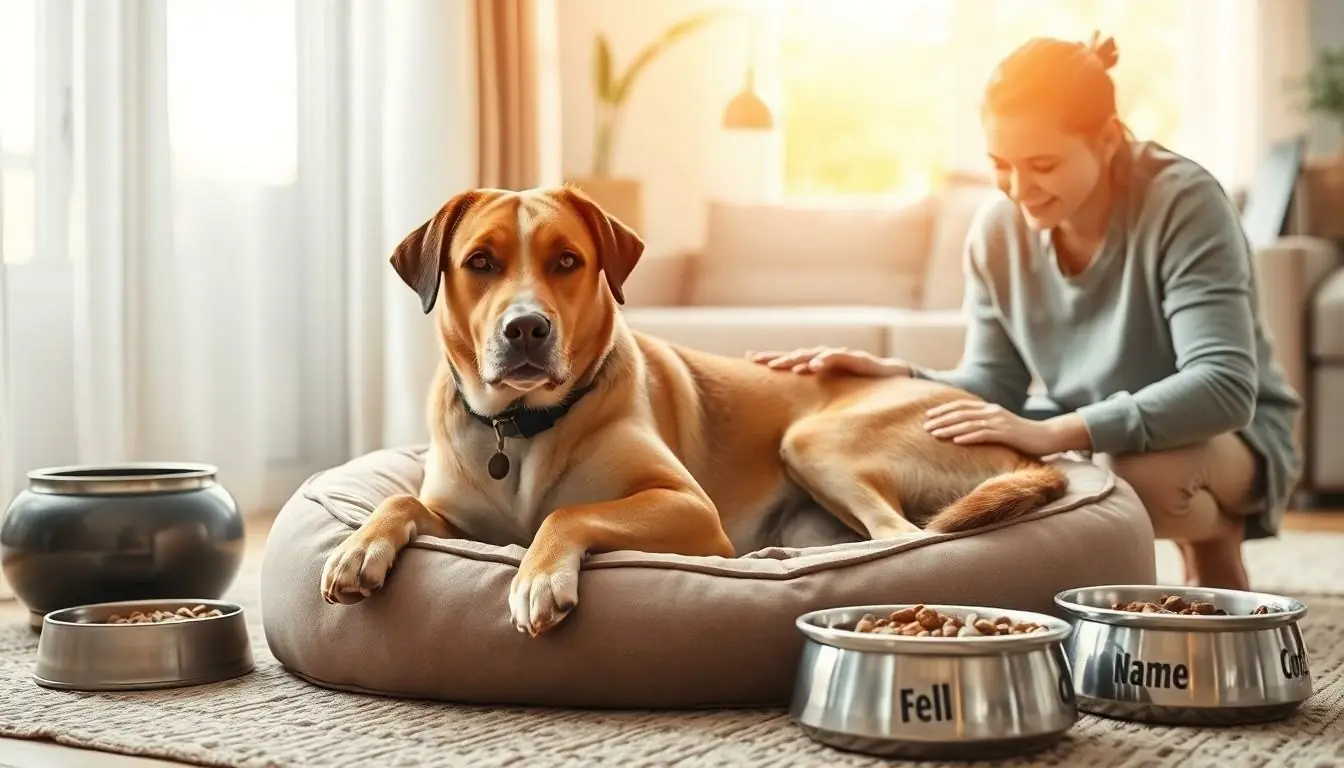
Caring for elder pets requires attention to specific needs that ensure they remain healthy and happy. By addressing their dietary and veterinary care, owners can enhance their quality of life.
Dietary Needs for Aging Pets
Elder pets benefit from a diet tailored to their changing nutritional needs. High-quality proteins support muscle maintenance, while easily digestible ingredients aid digestion. Owners should consider reduced-calorie options to prevent obesity, which aggravates existing health issues. Additionally, ensuring adequate hydration is vital; providing fresh water at all times helps combat age-related dehydration. Supplementing their diet with omega-3 fatty acids may reduce inflammation related to arthritis. Choosing commercially formulated senior pet food can also meet these dietary requirements effectively.
Regular Veterinary Check-ups
Regular veterinary check-ups play a crucial role in the health management of senior pets. Scheduling biannual visits enables early detection of age-related health concerns. Vets can perform blood tests to monitor organ function and assess hormone levels. They may also recommend dental evaluations, as dental disease is common in older animals. Adjusting vaccination schedules provides necessary protection against diseases that can be more severe in seniors. Keeping a log of any behavioral changes informs the veterinarian, enhancing the care plan tailored to the pet’s specific needs.
Creating a Comfortable Environment
Creating a comfortable environment is essential for the wellbeing of senior pets. Adjustments to the home can significantly enhance their quality of life.
Modifying the Home for Mobility
Modifications can improve mobility around the home. Placing non-slip rugs helps prevent slips and falls. Keeping pathways clear of obstacles allows for easier navigation. Installing ramps for steps provides accessibility for arthritic pets. Use baby gates to restrict access to unsuitable areas. Elevating food and water bowls reduces strain on joints while promoting hydration. Providing soft bedding in quiet spaces encourages rest.
Providing Mental and Physical Stimulation
Mental and physical stimulation promotes overall health in senior pets. Interactive toys challenge their minds and keep them engaged. Short, gentle play sessions offer exercise without overexertion. Simple puzzle toys or treat-dispensing devices stimulate problem-solving skills. Regular walks at a slow pace provide both exercise and fresh air. Social interaction with other animals or people encourages companionship and reduces loneliness. Engaging in training sessions strengthens bonds and maintains mental sharpness.
Specialized Products for Elder Pets
Elder pets require specific products to address their unique needs. Specially designed items can enhance comfort and well-being during their senior years.
Orthopedic Beds and Joint Support
Orthopedic beds provide essential support for aging pets, helping relieve joint pain. Many of these beds feature memory foam that conforms to their body shape, ensuring optimal comfort. Elevated beds also assist in easing pressure on joints. Selecting beds with removable, washable covers maintains hygiene and comfort. Joint support supplements often come in chewable forms, making it easier for pets to consume. These supplements typically contain glucosamine and chondroitin, both known for promoting joint health. Prioritizing comfortable sleeping arrangements and joint support aids significantly improves the overall quality of life for elderly pets.
Nutritional Supplements for Senior Pets
Nutritional supplements play a crucial role in enhancing the diet of senior pets. Omega-3 fatty acids, for instance, support joint and heart health while promoting a healthy coat. Certain formulations also help with cognitive function, countering age-related decline. Look for supplements that include antioxidants, which boost immune function and combat oxidative stress. Probiotics can improve digestive health, a common concern in elderly pets. Always consult a veterinarian before introducing new supplements to ensure they meet individual health needs. Tailoring nutrition through high-quality supplements fosters longevity and vitality in senior pets.
Caring for senior pets is a rewarding journey that requires dedication and understanding. By recognizing their unique needs and adapting care routines accordingly, pet owners can significantly enhance their quality of life. Providing a supportive environment tailored to their physical and emotional wellbeing is essential.
Regular veterinary check-ups and a balanced diet play crucial roles in managing health concerns. Incorporating specialized products and ensuring mental and physical stimulation can make a meaningful difference. With compassion and commitment, pet owners can ensure their elderly companions enjoy their golden years to the fullest, creating lasting memories together.

